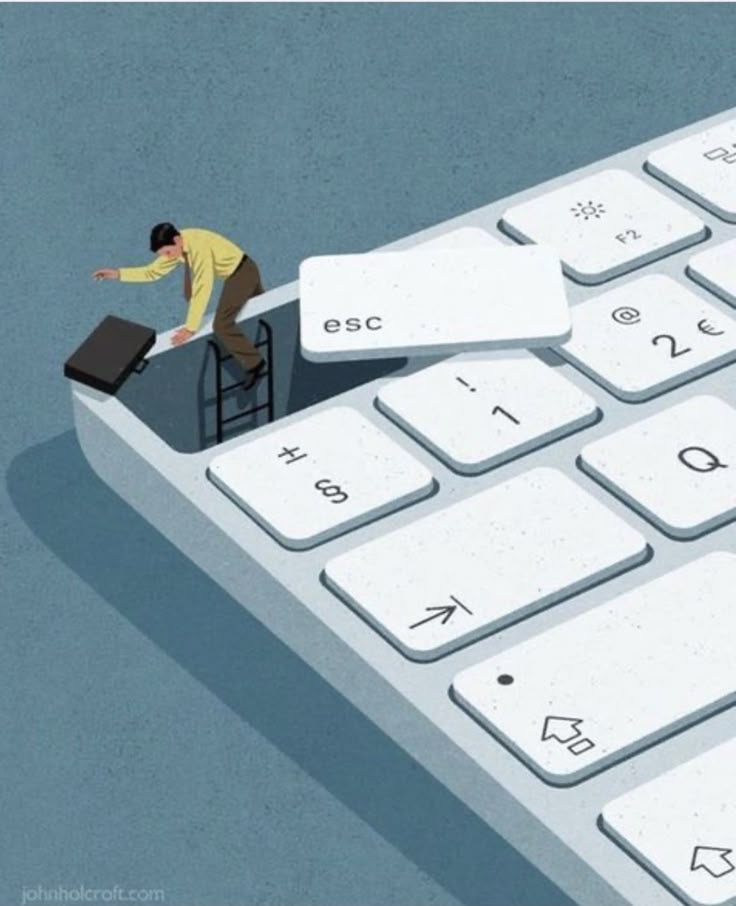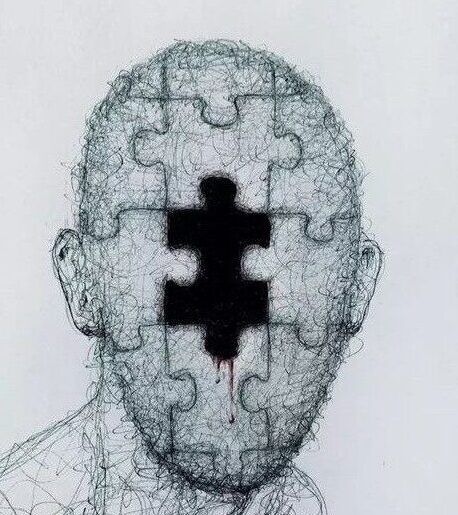
Performance arts
Performance arts
Rehearse and repeat
If I were to ask you “How are you?”, your answer would most likely be something like “I’m fine” or “I’m good, thanks.”
But are you really fine?
It takes a split second to retort with that standard response, but rarely do we ever bother actually answering the exhausting question that is “How are you?”. The person asking usually doesn’t want the real answer either — and you play along, offering the bare minimum. It’s polite, it’s safe, it’s efficient.
But why do we end up sticking to these rehearsed answers? Is there really nothing more to say? Or are we just trying to convince ourselves there isn’t?
Perceptions
The background noise behind “I’m fine” is often the opposite of fine. Life hands you lemons, and sometimes you get the sourest ones. But you don’t let it show. You don’t flinch or complain. You just wear your well-practised, neutral face — the “nothing’s wrong” face. Somehow, that becomes the priority: keeping up appearances over expressing how we really feel.
Metaphors aside, the truth is that most days feel like a performance. Almost a competition — of who can look the most “fine,” the most unfazed, the most composed. From personal experience, I’ve seen how, even when you’re living the same emotionally drained day on repeat, facing people becomes less about connection and more about perception. How they see you vs. who you actually are.
Unpacking
And the strange part is, we keep doing it — not because we’re fake or trying to lie to people, but because it just feels easier. It’s tiring to explain what’s going on in your head, especially when you barely understand it yourself. So you stick to the safe script. You nod, smile, deflect. You keep things simple so you don’t have to deal with the awkwardness of actually being known.
Because let’s be real — saying “I’m fine” is quicker. It avoids questions. It helps you get through the day without unpacking emotions you don’t have time or energy for. And yeah, sometimes you do want to talk about it — just not in the middle of a crowded hallway, or when someone asks you casually mid-scroll.
It’s not about being dishonest. It’s more like survival. You give people the version of you that feels manageable. And honestly? Most of us are just trying to get through the week without falling apart mid-conversation.
Conclusion
But maybe, however unnatural it seems, every once in a while, it might help to be a little less polished. Maybe not with everyone, but with someone. Just enough to admit you’re not all that fine — and maybe that’s okay. It doesn’t have to turn into a whole moment. Sometimes just saying, “I’m tired” or “It’s been a lot lately” is enough. No drama, no explanations, just honesty — in whatever small amount you’re ready for.
Because pretending gets old. And showing up as yourself — even a messier version — might be the smallest relief you didn’t know you needed.





Leave a Reply